Thursday, 6 February 2020 from 18:00 to 20:00, Kings College London, a panel discussion: "Who owns history" with Geoffrey Robertson QC, plus Professor Edith Hall, Department of Classics, King's College London and Professor John Tasioulas, Director of the Yeoh Tiong Lay Centre for Politics, Philosophy and Law, King's College London, Chaired by Professor Philippa Webb, Dickson Poon School of Law, King's College London
Event was held at:
SW1.18, Somerset House East Wing
The Dickson Poon School of Law, King's College London
Strand
London WC2R 2LS
United Kingdom
The panel featured a discussion of Geoffrey Robertson's recently published book, "Who Owns History? Elgin's Loot and the Case for Returning Plundered Treasure".
The biggest question in the world of art and culture concerns the return of property taken without consent. Throughout history, conquerors or colonial masters have taken artefacts from subjugated peoples, who now want them returned from museums and private collections in Europe and the USA.
The controversy rages on over the Elgin Marbles, and has been given immediacy by figures such as France's President Macron, who says he will order French museums to return hundreds of artworks acquired by force or fraud in Africa, and by British opposition leader Jeremy Corbyn, who has pledged that a Labour government would return the Elgin Marbles to Greece. Elsewhere, there is a debate in Belgium about whether the Africa Museum, newly opened with 120,000 items acquired mainly by armed forces in the Congo, should close.
Although there is an international convention dated 1970 that deals with the restoration of artefacts stolen since that time, there is no agreement on the rules of law or ethics which should govern the fate of objects forcefully or lawlessly acquired in previous centuries.
Who Owns History? delves into the crucial debate over the Elgin Marbles, but also offers a system for the return of cultural property based on human rights law principles that are being developed by the courts. It is not a legal text, but rather an examination of how the past can be experienced by everyone, as well as by the people of the country of origin.
Follow the link to read Professor John Tasioulas' paper in response to Geoffrey Robertson's 'Who Owns History' panel discussion at Kings College London.

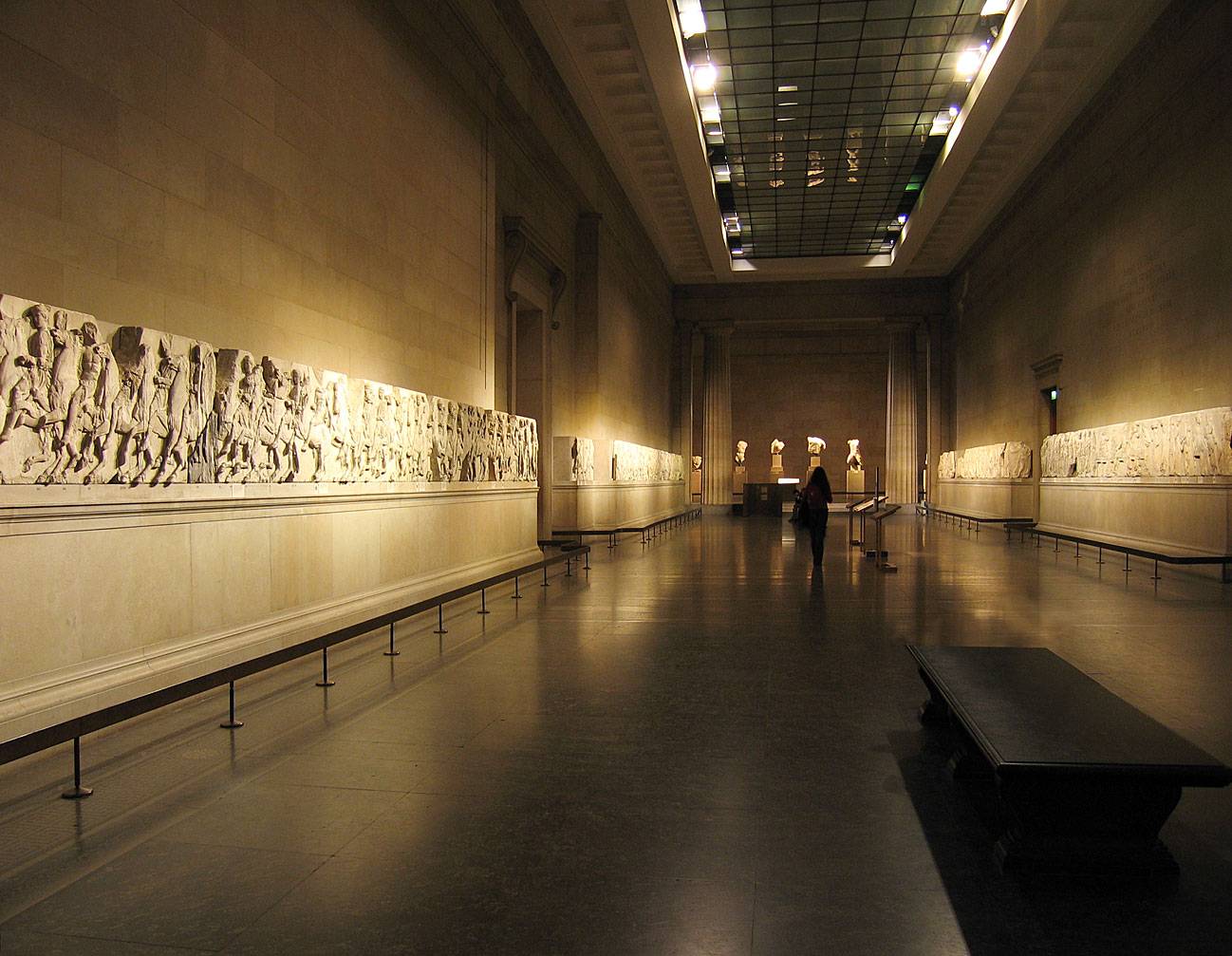
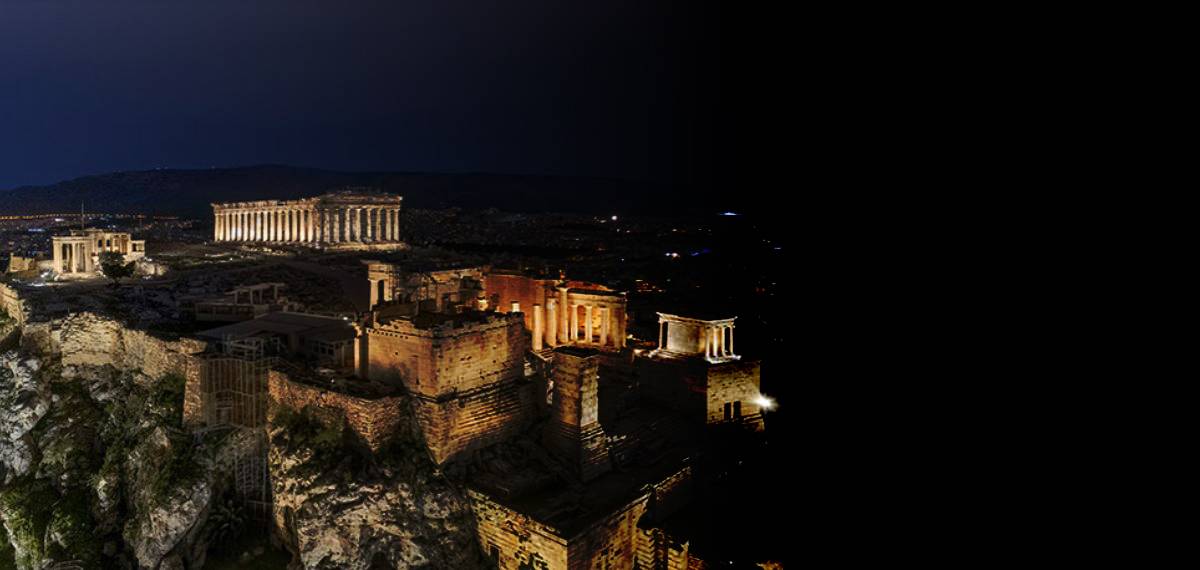
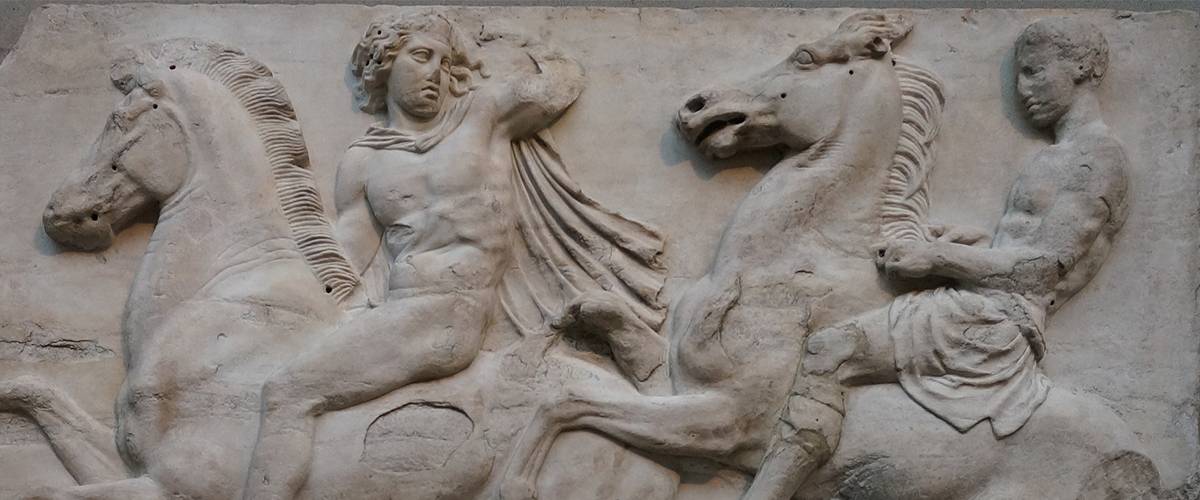

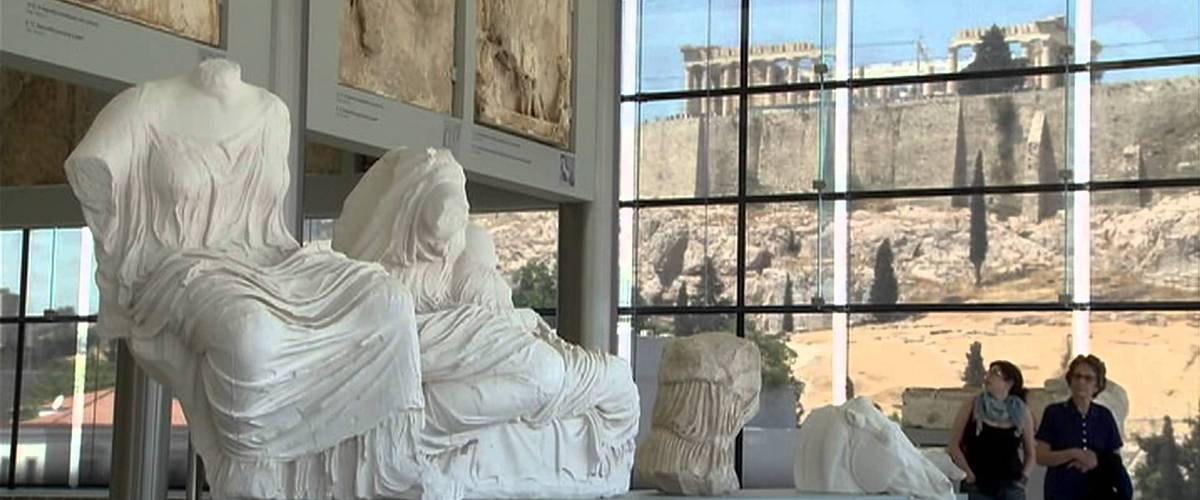
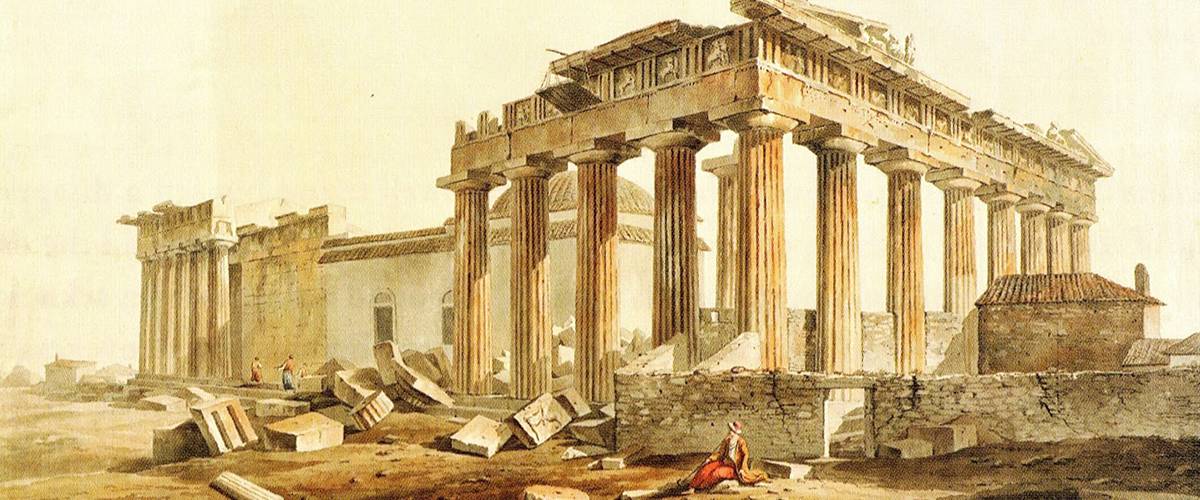
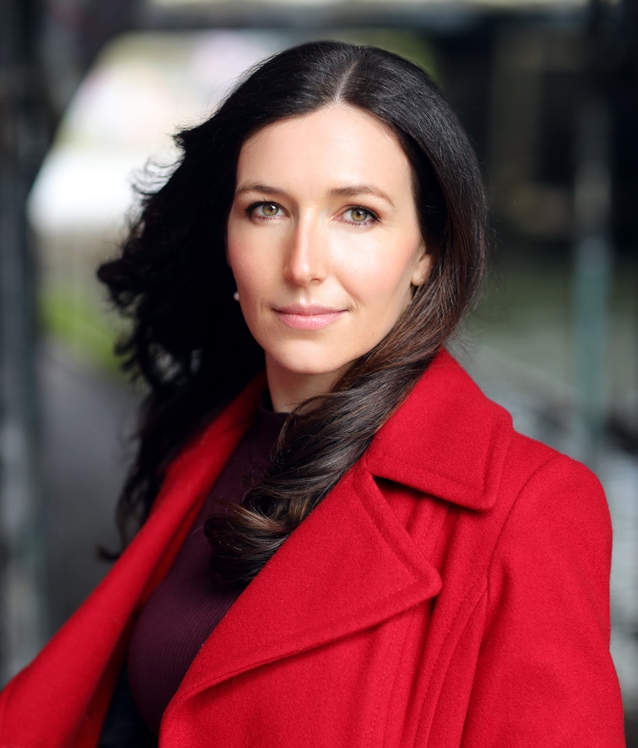
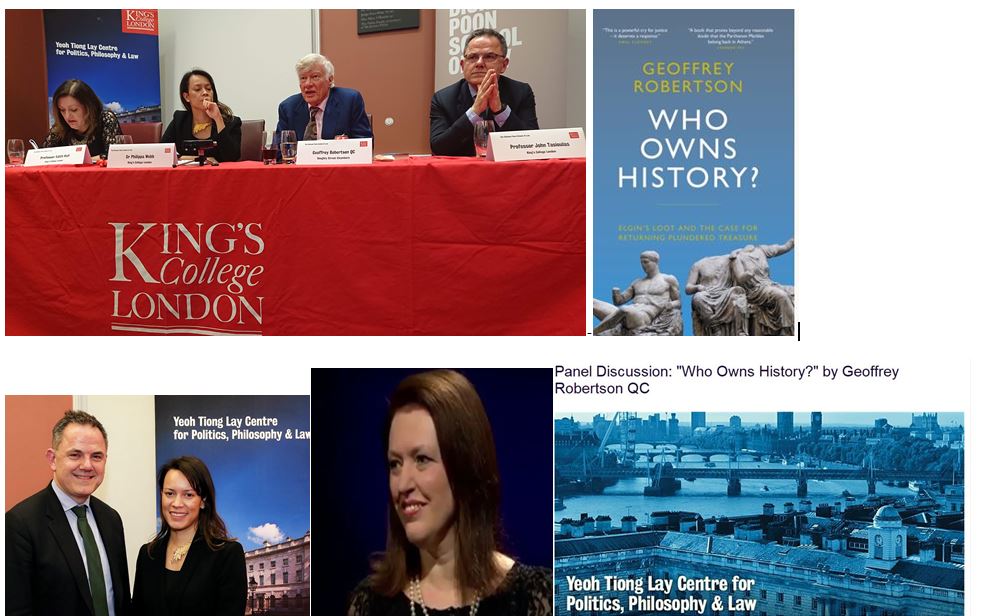
Comments powered by CComment